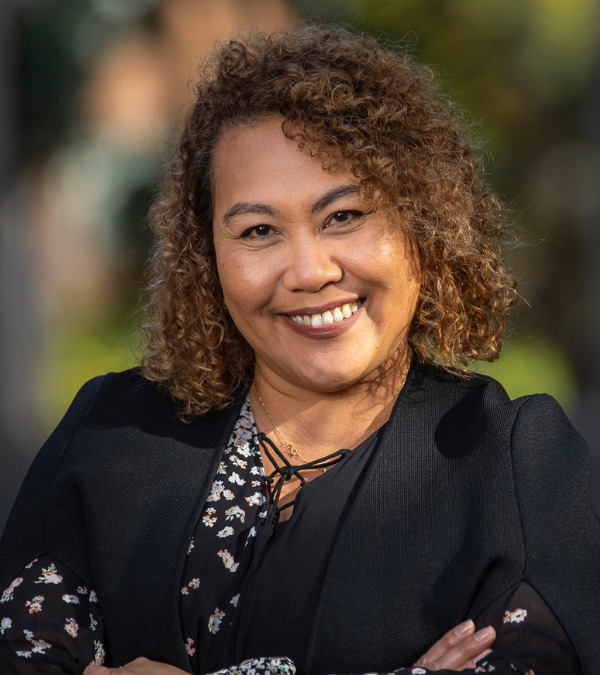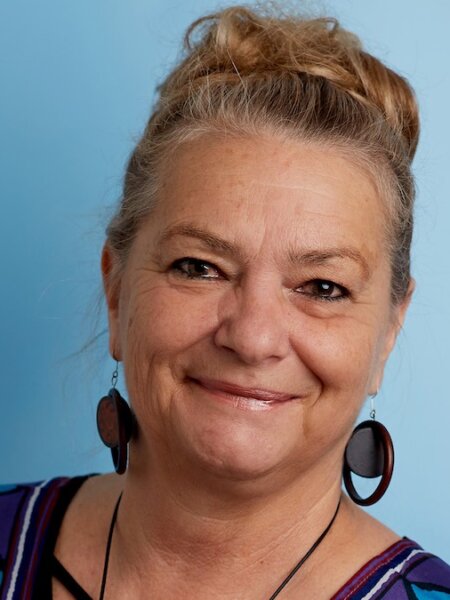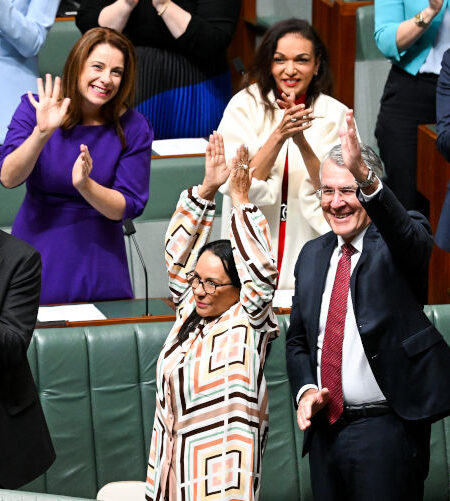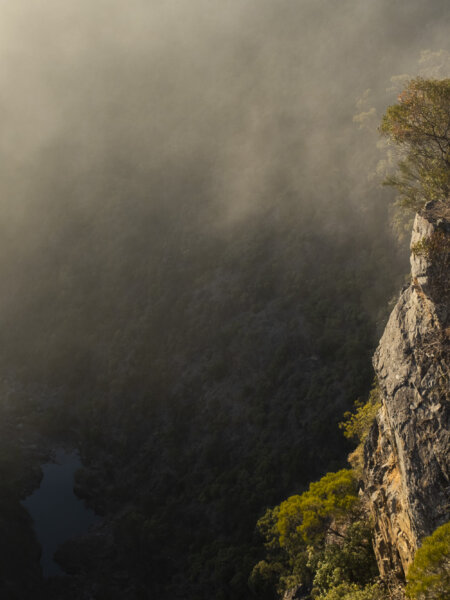For Aboriginal and Torres Strait Islander people and our supporters, we’re often worn down by the endless cycle of bad news, bad policy or government not listening to us.
In this year’s Barometer, we saw more light than darkness, and were reminded that the tide of the reconciliation movement continues to come in, year on year.
Of course, the report also highlighted challenges and areas requiring greater effort, but by shedding a light on these we’re able to chart a path forward.
So, what was the report all about?
The Australian Reconciliation Barometer is a biennial survey undertaken by Reconciliation Australia to measure and compare attitudes and perceptions towards reconciliation across the nation. It is the only study of its kind undertaken in Australia.
The rationale is simple: in order to build and strengthen relationships, improve reconciliation and create an environment which provides equal life chances for all Australians, we must also measure, track and understand the underlying values and perceptions that shape relationships, and influence our social interactions and structures.
We found that 90% of Australians in the general community believe the relationship between themselves and Aboriginal and Torres Strait Islander people is important. This relationship is one of the central tenets of reconciliation. Significantly too, 95% of Australians believe that Aboriginal and Torres Strait Islander people should have a say in matters that affect them.
The importance of Aboriginal voice is understood by the broader community.
More people agree that Aboriginal and Torres Strait Islander cultures are important to Australia’s national identity, and the level of pride the broader community has for Aboriginal and Torres Strait Islander cultures is ever increasing.
What we see through our reconciliation networks is people with a desire for change in Australia. People want the relationship to be better. People want to see Aboriginal and Torres Strait Islander people fully part of our Australian society. This is particularly pleasing to see, and reminds us that our work, and that of all those in the reconciliation movement, is having an impact.
And on the foundational issue of understanding our shared history – a fundamental building block of reconciliation – 80% of the broader community (and 91% Aboriginal and Torres Strait Islander people) believe it is important to ‘undertake formal truth telling processes’, while a further 86% believe it is important to learn about past issues. The calls in the Uluru Statement from the Heart were supported by a vast majority of Australians.
These findings show us that the next big steps towards a reconciled nation must be developed through truth, justice and healing – including through truth telling processes, a voice to parliament, and treaty/ies.
But in focusing on those larger national issues, we mustn’t forget the interpersonal, community changes that can be made that will improve our relationship.
In this regard, sadly, racism and prejudice in various settings continues to be prevalent. While there has been a slight reduction in experiences of racial prejudice for Aboriginal and Torres Strait Islander people in interactions with local shop owners/staff police and medical staff, 33% of Aboriginal and Torres Strait Islander people have experienced at least one form of verbal racial abuse in the last 6 months. This is unacceptable.
Greater investment in anti-racism campaigns and greater education is required. Importantly, the tone should be set by our nation’s parliament, with support for strong legislative protections against racial discrimination, and a collective responsibility to take leadership to promote a zero-tolerance approach to racism and discrimination.
Despite highlighting clear areas of improvement, the results of the 2018 survey show that most Australians want disadvantage addressed, and they understand that different sectors, institutions, communities and governments all play a role in this.
60% of Australians believe government must do more to close the gap in areas of disadvantage. We know that you can’t have a reconciled country while equality and equity for First Peoples lags behind that of other Australians. Improvements in Indigenous health, employment, housing, justice and education are essential for the reconciliation process.
We have always known that reconciliation is a generational effort. It requires ongoing monitoring to better understand where our collective attention and efforts need to be directed. The Australian Reconciliation Barometer provides us with evidence that there is progress being made towards achieving a just, equitable and reconciled Australia.
If reconciliation is to be realised, we have much to do as individuals, as a nation, and across all sectors of society. All of us have a role to play, and we must keep working towards the country I know we can be.
As the 20th Anniversary of the establishment of Reconciliation Australia and the delivery of the Final Council for Aboriginal Reconciliation Report approaches next year, I look forward to working with ANTaR, its supporters, and others to take the next steps towards a reconciled nation.




